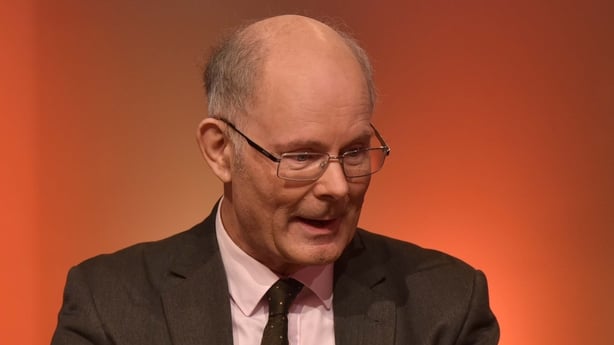British Prime Minister Rishi Sunak has defended Home Secretary Suella Braverman amid calls for her to be fired.
Labour MP Meg Hillier said that Ms Braverman has "leaked information, is overseeing chaos in the Home Office and has broken the law".
"What will she actually have to do to get the sack?"
Mr Sunak replied in the House of Commons, saying that Ms Braverman made an "error of judgment" but that "she recognised her mistake and took accountability for her actions".
He said Ms Braverman has set out "transparently, in detail a full sequence of events".
"She is now getting on with the job, cracking down on crime, defending our borders, something I know the party opposite has no interest in supporting," Mr Sunak said.
Mr Sunak said the migrant crisis is a "serious and escalating problem" and admitted that "not enough" asylum claims are being processed.
He insisted the UK government is getting a grip on the situation and backed Ms Braverman's handling of the issue.
He said she has taken "significant steps" to address the problem of overcrowding at a migrant processing facility in Kent.
Listing her actions, he told MPs at Prime Minister's Questions: "Since 30 September, more hotels with 4,500 new beds, appointing a senior general to control the situation at Manston and, indeed, increasing the number of staff there by almost a half.
"These are significant steps that demonstrate that we are getting a grip of this system.
"But this is a serious and escalating problem. We will make sure that we control our borders and we will always do it fairly and compassionately, because that is the right thing."
Sunak in COP27 U-turn
This morning, Mr Sunak reversed his decision to skip COP27 and will attend the climate summit in Egypt next week, he has announced.
He wrote on Twitter that there was "no long-term prosperity without action on climate change", and no energy security without investing in renewables, as he confirmed he would attend this year's UN talks.
The Conservative leader was initially not planning to attend, with Downing Street saying he was focusing on "depressing domestic challenges".
There is no long-term prosperity without action on climate change.
— Rishi Sunak (@RishiSunak) November 2, 2022
There is no energy security without investing in renewables.
That is why I will attend @COP27P next week: to deliver on Glasgow's legacy of building a secure and sustainable future.
However, the announcement by his predecessor Boris Johnson he was going to the talks piled further pressure on the prime minister to backtrack on his decision.
He had also faced widespread calls to attend, including from his own climate chief Alok Sharma, who presided over the COP26 summit in Glasgow last year.
Minister for Foreign Affairs Simon Coveney welcomed Mr Sunak's decision to attend COP27.
He tweeted: "Good decision. We all need UK leadership on climate."
The British Labour party's deputy leader Angela Rayner said Mr Sunak had been "dragged kicking and screaming into doing the right thing".
"Embarrassing," she added.
British Green MP Caroline Lucas wrote on Twitter: "Glad to see Sunak's screeching U-turn on #COP27, but what an embarrassing mis-step on the world stage.
"Let this be a lesson to him - climate leadership matters.
"Now he urgently needs to increase UK ambition on emission reduction targets & pay what we owe to global climate funds."
UK support for EU membership rising - pollster
The 2016 Brexit referendum has not solved the issue of Britain's membership of the EU according to a leading political scientist.
Polling expert John Curtice was commenting on data showing that support for rejoining the EU has been rising among British voters and is now registering 57% as against 43% for those still in favour of Leave according to a 'poll of polls'.
At a briefing for Westminster journalists, Prof Curtice said support for EU membership had been rising since the middle of last year and particularly since last autumn when there were shortages of lorry drivers and food deliveries.

He said it looks as if the 2016 referendum will be just as unsuccessful as the 1975 referendum - in which Britain voted to remain - in providing a permanent settlement of the debate.
"We are as a country divided down the middle on this subject and it looks as if we are going to continue to be so for the foreseeable future," Prof Curtice said.
He said that the parliamentary opposition did not want to talk about Brexit, despite the debate going on among the public, and he did not see it being raised as a political issue until after the next election.
Additional reporting John Kilraine

